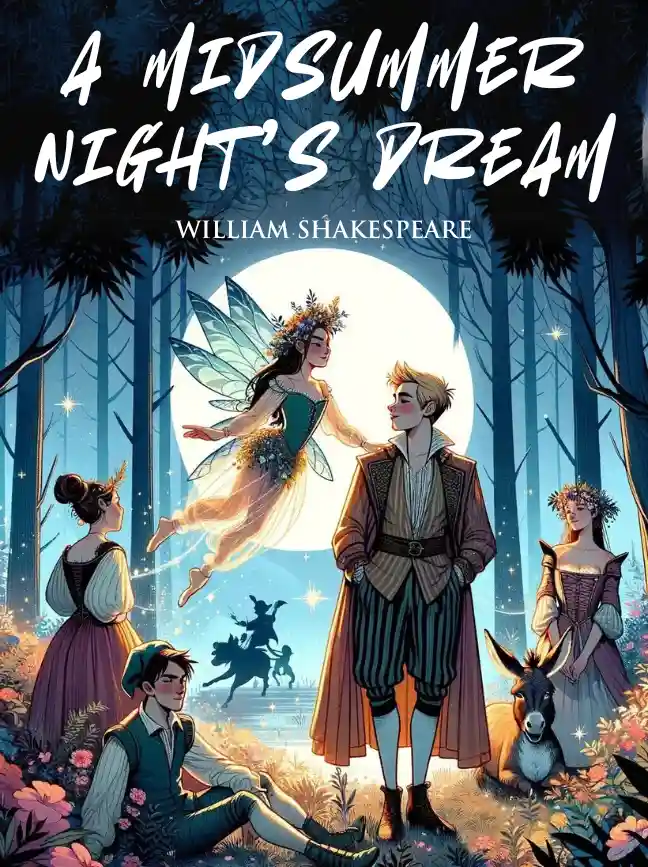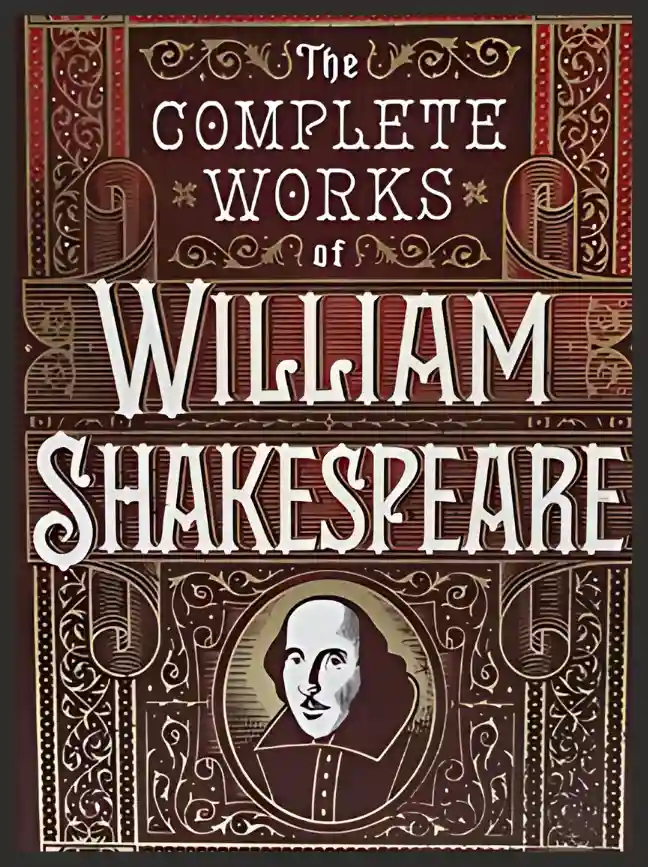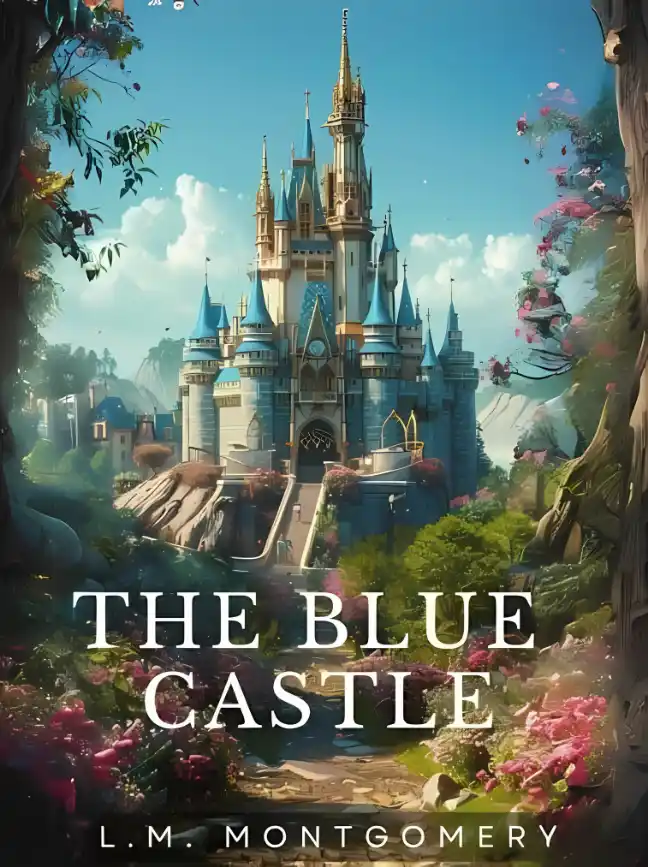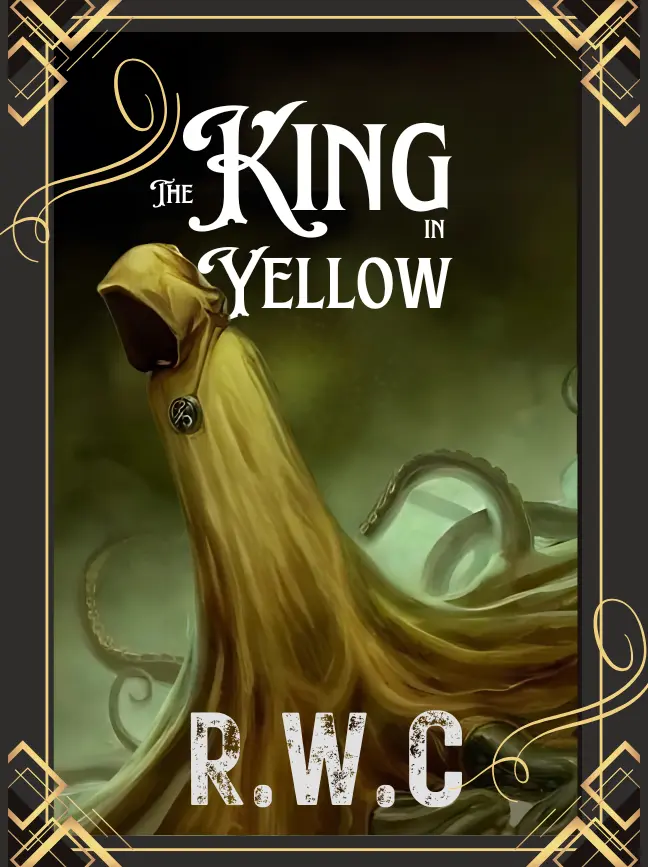While not required reading, this glossary is intended to offer
further context to the many concepts and terms utilized throughout this novel and provide a starting point for learning more about the rich
Chinese culture from which these stories were written.
GENRES
Danmei
Danmei (耽美 / “indulgence in beauty”) is a Chinese fiction genre focused on romanticized tales of love and attraction between men. It is
analogous to the BL (boys’ love) genre in Japanese media. The majority of well-known danmei writers are women writing for women, although all
genders produce and enjoy the genre.
Wuxia
Wuxia (武侠 / “martial heroes”) is one of the oldest Chinese literary genres and consists of tales of noble heroes fighting evil and injustice. It often follows martial artists, monks, or rogues, who live apart from the ruling government, which is often seen as useless or corrupt. These societal outcasts—both voluntary and not—settle disputes among themselves, adhering to their own moral codes over the governing law.
Characters in wuxia focus primarily on human concerns, such as political strife between factions and advancing their own personal sense of justice. True wuxia is low on magical or supernatural elements. To Western moviegoers, a well-known example is Crouching Tiger, Hidden Dragon.
Xianxia
Xianxia (仙侠 / “immortal heroes”) is a genre related to wuxia that places more emphasis on the supernatural. Its characters often strive to
become stronger, with the end goal of extending their life span or achieving immortality.
Xianxia heavily features Daoist themes, while cultivation and the pursuit of immortality are both genre requirements. If these are not the story’s central focus, it is not xianxia. The Scum Villain’s Self-Saving
System, Grandmaster of Demonic Cultivation, and Heaven Official’s Blessing are all considered part of both the danmei and xianxia genres.
Webnovels
Webnovels are novels serialized by chapter online, and the websites that host them are considered spaces for indie and amateur writers. Many novels, dramas, comics, and animated shows produced in China are based on popular webnovels.
Heaven Official’s Blessing was first serialized on the website JJWXC.
TERMINOLOGY
ARRAY: Area-of-effect magic circles. Anyone within the array falls under the effect of the array’s associated spell(s).
ASCENSION: In typical xianxia tales, gods are conceived naturally and born divine. Immortals cannot attain godhood but can achieve great longevity. In Heaven Official’s Blessing, however, both gods and immortals were born mortal and either cultivated deeply or committed great deeds and attained godhood after transcending the Heavenly Tribulation. Their bodies shed the troubles of a mortal form and are removed from the corporeal world.
AUSPICIOUS CLOUDS: A sign of good fortune and the divine,
auspicious clouds are also often seen as methods of transport for gods and immortals in myth. The idea springs from the obvious association with
clouds and the sky/heavens, and also because yun (云 / “cloud”) and yun
(运 / “luck”) sound similar.
BOWING: As is seen in other Asian cultures, standing bows are a traditional greeting and are also used when giving an apology. A deeper bow shows greater respect.
CHINESE CALENDAR: The Chinese calendar uses the Tian Gan Di Zhi (Heavenly Stems, Earthly Branches) system, rather than numbers, to mark the years. There are ten heavenly stems (original meanings lost) and twelve earthly branches (associated with the zodiac), each represented by a written character. Each stem and branch is associated with either yin or yang, and one of the elemental properties: wood, earth, fire, metal, and water. The
stems and branches are combined in cyclical patterns to create a calendar where every unit of time is associated with certain attributes.
This is what a character is asking for when inquiring for the date/time of birth (⽣⾠⼋字 / “eight characters of birth date/time”). Analyzing the stem/branch characters and their elemental associations was considered
essential information in divination, fortune-telling, matchmaking, and even business deals.
Colors
WHITE: Death, mourning, purity. Used in funerals for both the deceased and mourners.
BLACK: Classy, scholarly. Considered masculine, representing the Heavens and the dao.
RED: Happiness, good luck. Used for weddings. YELLOW/GOLD: Wealth, prosperity. Often reserved for royalty. BLUE/GREEN: Health, prosperity, and harmony.
PURPLE: Divinity and immortality.
CONCUBINES: In ancient China, it was common practice for a wealthy man to possess women as concubines in addition to his wife. They were expected to live with him and bear him children. Generally speaking, a greater number of concubines correlated to higher social status, hence a wealthy merchant might have two or three concubines, while an emperor might have tens or even a hundred.
CONFUCIANISM: Confucianism is a philosophy based on the teachings of Confucius. Its influence on all aspects of Chinese culture is incalculable. Confucius placed heavy importance on respect for one’s elders and family, a
concept broadly known as xiao (孝 / “filial piety”). The family structure is used in other contexts to urge similar behaviors, such as respect of a student
towards a teacher, or people of a country towards their ruler.
COUGHING/SPITTING BLOOD: A way to show a character is ill, injured, or upset. Despite the very physical nature of the response, it does not necessarily mean that a character has been wounded; their body could simply be reacting to a very strong emotion.
(See also Seven Apertures/Qiqiao.)
CULTIVATORS/CULTIVATION: Cultivators are practitioners of spirituality and martial arts who seek to gain understanding of the will of the universe while attaining personal strength and extending their life span.
Cultivation is a long process marked by “stages.” There are traditionally nine stages, but this is often simplified in fiction. Some common stages are noted below, though exact definitions of each stage may depend on the setting.
Qi Condensation/Qi Refining (凝⽓/练⽓)
Foundation Establishment (筑基)
Core Formation/Golden Core (结丹/⾦丹)
Nascent Soul (元婴)
Deity Transformation (化神)
Great Ascension (⼤乘)
Heavenly Tribulation (渡劫)
CULTIVATION MANUAL: Cultivation manuals and sutras are common plot devices in xianxia/wuxia novels. They provide detailed instructions on a secret or advanced training technique and are sought out by those who wish to advance their cultivation levels.
CUT-SLEEVE: A term for a gay man. Comes from a tale about an emperor’s love for, and relationship with, a male politician. The emperor was called to the morning assembly, but his lover was asleep on his robe. Rather than wake him, the emperor cut off his own sleeve.
DAOISM: Daoism is the philosophy of the dao (道), known as “the way.” Following the dao involves coming into harmony with the natural order of the universe, which makes someone a “true human,” safe from external harm and who can affect the world without intentional action.
Cultivation is a concept based on Daoist superstitions.
DEMONS: A race of immensely powerful and innately supernatural beings. They are almost always aligned with evil.
DRAGON: Great chimeric beasts who wield power over the weather. Chinese dragons differ from their Western counterparts as they are often benevolent, bestowing blessings and granting luck. They are associated with the Heavens, the Emperor, and yang energy.
EIGHT TRIGRAMS MAP: Also known as the bagua or pakua, an eight trigrams map is a Daoist diagram containing eight symbols that represent
the fundamentals of reality, including the five elements. They often feature a symbol for yin and yang in the center as a representation of perfect
balance between opposing forces. (See also The Five Elements and Yin Energy and Yang Energy)
FACE: Mianzi (⾯⼦), generally translated as “face”, is an important concept in Chinese society. It is a metaphor for a person’s reputation and can be extended to further descriptive metaphors. For example, “having
face” refers to having a good reputation, and “losing face” refers to having one’s reputation hurt. Meanwhile, “giving face” means deferring to
someone else to help improve their reputation, while “not wanting face”
implies that a person is acting so poorly/shamelessly that they clearly don’t care about their reputation at all. “Thin face” refers to someone easily embarrassed or prone to offense at perceived slights. Conversely, “thick
face” refers to someone not easily embarrassed and immune to insults.
THE FIVE ELEMENTS: Also known as the wuxing (五⾏ / “Five Phases”). Rather than Western concepts of elemental magic, Chinese phases
are more commonly used to describe the interactions and relationships between things. The phases can both beget and overcome each other.
Wood (⽊ / mu)
Fire (⽕ / huo)
Earth (⼟ / tu)
Metal (⾦ / jin)
Water (⽔ / shui)
FORTUNE SHAKER: A wooden jar full of thin bamboo sticks with varying degrees of good and bad luck inscribed on the bottom ends. The user shakes the jar with a wish in mind, and the first stick that drops out will dictate the outcome of the wish.
GHOST: Ghosts (⿁) are the restless spirits of deceased sentient creatures. Ghosts produce yin energy and crave yang energy.
GU SORCERY: The concept of gu (蛊 / “poison”) is common in wuxia and xianxia stories. In more realistic settings, it may refer to crafting
poisons that are extracted from venomous insects and creatures. Things like snakes, toads, and bugs are generally associated with the idea of gu, but it can also apply to monsters, demons, and ghosts. The effects of gu poison
are bewitchment and manipulation. “Swayed by gu” has become a common phrase meaning “lost your mind/been led astray” in modern Chinese vocabulary.
HAND GESTURES: The baoquan (抱拳 / “hold fist”) is a martial arts salute where one places their closed right fist against their open left palm.
The gongshou (拱⼿ / “arch hand”) is a more generic salute not specific to martial artists, where one drapes their open left palm over their closed right
fist. The orientation of both of these salutes is reversed for women. During funerals, the closed hand in both salutes switches, where men will use their left fist and women their right.
HAND SEALS: Refers to various hand and finger gestures used by
cultivators to cast spells, or used while meditating. A cultivator may be able to control their sword remotely with a hand seal.
HEAVENLY REALM: An imperial court of enlightened beings. Some hold administrative roles, while others watch over and protect a specific aspect of the celestial and mortal realm, such as love, marriage, a piece of land, etc. There are also carefree immortals who simply wander the world and help mortals as they go, or become hermits deep in the mountains.
HEAVENLY TRIBULATION: Before a Daoist cultivator can ascend to the heavens, they must go through a trial known as a Heavenly Tribulation. In stories where the Heavens are depicted with a more traditional nine-level structure, even gods themselves must endure and overcome tribulations if they want to level up. The nature of these trials vary, but the most common version involves navigating a powerful lightning storm. To fail means losing one’s attained divine stage and cultivation.
HUALIAN: Shortened name for the relationship between Hua Cheng and Xie Lian.
IMMORTALS AND IMMORTALITY: Immortals have transcended mortality through cultivation. They possess long lives, are immune to illness and aging, and have various magical powers. An immortal can progress to godhood if they pass a Heavenly Tribulation. The exact life span of
immortals differs from story to story, and in some they only live for three or four hundred years.
IMMORTAL-BINDING ROPES: Ropes, nets, and other restraints enchanted to withstand the power of an immortal or god. They can only be cut by high-powered spiritual items or weapons and usually limit the
abilities of those trapped by them.
INCENSE TIME: A common way to tell time in ancient China, referring to how long it takes for a single incense stick to burn. Standardized incense sticks were manufactured and calibrated for specific time measurements: a half hour, an hour, a day, etc. These were available to people of all social classes.
In Heaven Official’s Blessing, the incense sticks being referenced are the small sticks one offers when praying at a shrine, so “one incense time” is roughly thirty minutes.
INEDIA: A common ability that allows an immortal to survive without mortal food or sleep by sustaining themselves on purer forms of energy based on Daoist fasting. Depending on the setting, immortals who have achieved inedia may be unable to tolerate mortal food, or they may be able to choose to eat when desired.
JADE: Jade is a culturally and spiritually important mineral in China. Its durability, beauty, and the ease with which it can be utilized for crafting both decorative and functional pieces alike has made it widely beloved
since ancient times. The word might cause Westerners to think of green jade (the mineral jadeite), but Chinese texts are often referring to white jade (the mineral nephrite). This is the color referenced when a person’s skin is described as “the color of jade.”
JADE EMPEROR: In Daoist cosmology, the Jade Emperor (⽟皇⼤帝) is the emperor of heaven, the chief of the heavenly court, and one of the
highest ranked gods in the heavenly realm, lower only to the three primordial emanations. When one says “Oh god/lord” or “My heavens”, it is usually referring to the Jade Emperor. In Heaven Official’s Blessing, Jun Wu’s role replaces that of the Jade Emperor.
JOSS PAPER: Also referred to as ghost paper, joss paper is a form of paper crafting used to make offerings to the deceased. The paper can be folded into various shapes and is burned as an offering, allowing the deceased person to utilize the gift the paper represents in the realm of the dead. Common gifts include paper money, houses, clothing, toiletries, and dolls to act as the deceased’s servants.
KOWTOW: The kowtow (叩头 / “knock head”) is an act of prostration where one kneels and bows low enough that their forehead touches the
ground. A show of deep respect and reverence that can also be used to beg, plead, or show sincerity.
MERIDIANS: The means by which qi travels through the body, like a magical bloodstream. Medical and combat techniques that focus on redirecting, manipulating, or halting qi circulation focus on targeting the meridians at specific points on the body, known as acupoints. Techniques that can manipulate or block qi prevent a cultivator from using magical
techniques until the qi block is lifted.
Numbers
TWO: Two (⼆ / “er”) is considered a good number and is referenced in the common idiom “good things come in pairs.” It is common practice to repeat characters in pairs for added effect.
THREE: Three (三 / “san”) sounds like sheng (⽣ / “living”) and also like san (散 / “separation”).
FOUR: Four (四 / “si”) sounds like si (死 / “death”). A very unlucky number.
SEVEN: Seven (七 / “qi”) sounds like qi (⿑ / “together”), making it a good number for love-related things. However, it also sounds like qi (欺 / “deception”).
EIGHT: Eight (⼋ / “ba”) sounds like fa (發 / “prosperity”), causing it to be considered a very lucky number.
NINE: Nine (九 / “jiu”) is associated with matters surrounding the Emperor and Heaven, and is as such considered an auspicious number.
MXTX’s work has subtle numerical theming around its love interests.
In Grandmaster of Demonic Cultivation, her second book, Lan Wangji is frequently called Lan-er-gege (“second brother Lan”) as a nickname by Wei Wuxian. In her third book, Heaven Official’s Blessing, Hua Cheng is the third son of his family and gives the name San Lang (“third youth”) when Xie Lian asks what to call him.
PHOENIX: Fenghuang (凤凰 / “phoenix”), a legendary chimeric bird said to only appear in times of peace and to flee when a ruler is corrupt.
They are heavily associated with femininity, the Empress, and happy marriages.
PILLS AND ELIXIRS: Magic medicines that can heal wounds, improve cultivation, extend life, etc. In Chinese culture, these things are usually delivered in pill form. These pills are created in special kilns.
PIPA: A four-stringed lute, played by plucking with the fingers.
QI: Qi (⽓) is the energy in all living things. There is both righteous qi and evil or poisonous qi.
Cultivators strive to cultivate qi by absorbing it from the natural world and refining it within themselves to improve their cultivation base. A cultivation base refers to the amount of qi a cultivator possesses or is able to possess. In xianxia, natural locations such as caves, mountains, or other secluded places with lush wildlife are often rich in qi, and practicing there can allow a cultivator to make rapid progress in their cultivation.
Cultivators and other qi manipulators can utilize their life force in a variety of ways, including imbuing objects with it to transform them into lethal weapons or sending out blasts of energy to do powerful damage.
Cultivators also refine their senses beyond normal human levels. For instance, they may cast out their spiritual sense to gain total awareness of everything in a region around them or to feel for potential danger.
SECT: A cultivation sect is an organization of individuals united by their dedication to the practice of a particular method of cultivation or martial arts. A sect may have a signature style. Sects are led by a single leader, who is supported by senior sect members. They are not necessarily related by blood.
SEVEN APERTURES/QIQIAO: (七窍) The seven facial apertures: the two eyes, nose, mouth, tongue, and two ears. The essential qi of vital organs are said to connect to the seven apertures, and illness in the vital organs may
cause symptoms there. People who are ill or seriously injured may be “bleeding from the seven apertures.”
SHANGYUAN: Shangyuan Jie (上元節), or the Lantern Festival, marks the fifteenth and last day of the Lunar New Year (usually around February
on the Solar Calendar). It is a day for worshipping and celebrating the celestial heavens by hanging lanterns, solving riddles, and performing Dragon Dances. Glutinous rice ball treats known as yuanxiao and tangyuan are highlights of this festival, so much so that the festival’s alternate name
is Yuanxiao Jie (元宵節).
SHANYUE: The name of this fictional plant translates to “the benevolent moon.”
SHRINES: Shrines are sites at which an individual can pray or make offerings to a god, spirit, or ancestor. They contain an object of worship to focus on such as a statue, a painting or mural, a relic, or a memorial tablet
in the case of an ancestral shrine. The term also refers to small roadside
shrines or personal shrines to deceased family members or loved ones kept on a mantle. Offerings like incense, food, and money can be left at a shrine as a show of respect.
STATE PRECEPTOR: State preceptors, or guoshi, are high-ranking government officials who also have significant religious duties. They serve as religious heads of state under the emperor and act as the tutors, chaplains, and confidants of the emperor and his direct heirs.
SWORDS: A cultivator’s sword is an important part of their cultivation practice. In many instances, swords are spiritually bound to their owner and may have been bestowed to them by their master, a family member, or obtained through a ritual. Cultivators in fiction are able to use their swords as transportation by standing atop the flat of the blade and riding it as it flies through the air. Skilled cultivators can summon their swords to fly into their hand, command the sword to fight on its own, or release energy attacks from the edge of the blade.
SWORN BROTHERS/SISTERS/FAMILIES: In China, sworn brotherhood describes a binding social pact made by two or more unrelated individuals of the same gender. It can be entered into for social, political, and/or
personal reasons, and is not only limited to two participants; it can extend to an entire group. It was most common among men, but it was not unheard of among women or between people of different genders.
The participants treat members of each other’s families as their own and assist them in the ways an extended family would: providing mutual support and aid, support in political alliances, etc.
Sworn siblinghood, where individuals will refer to themselves as brother or sister, is not to be confused with familial relations like blood siblings or adoption. It is sometimes used in Chinese media, particularly
danmei, to imply romantic relationships that could otherwise be prone to censorship.
TALISMANS: Strips of paper with spells written on them, often with cinnabar ink or blood. They can serve as seals or be used as one-time spells.
THE THREE REALMS: Traditionally, the universe is divided into Three Realms: the Heavenly Realm, the Mortal Realm, and the Ghost Realm. The Heavenly Realm refers to the Heavens and Celestial Court, where gods reside and rule, the Mortal Realm refers to the human world, and the Ghost Realm refers to the realm of the dead.
VINEGAR: To say someone is drinking vinegar or tasting vinegar
means they’re having jealous or bitter feelings. Generally used for a love interest growing jealous while watching the main character receive the attention of a rival suitor.
WEDDING TRADITIONS: Red is an important part of traditional Chinese weddings, as the color of prosperity, happiness, and good luck. It remains
the standard color for bridal and bridegroom robes and wedding decorations even today.
In traditional Chinese wedding ceremonies, the bride was always veiled when she was sent off by her family in her wedding dress. Veils were generally opaque, so the bride would need to be led around by her
handmaidens (or the groom). The veil was not removed until the bride was in the wedding suite with the groom after the ceremony, and it was only removed by the groom himself.
WHISK: A whisk held by a cultivator is not a baking tool but a Daoist symbol and martial arts weapon. Usually made of horsehair bound to a wooden stick, the whisk is based off a tool used to brush away flies without killing them and is symbolically meant for wandering Daoist monks to brush away thoughts that would lure them back to secular life. Wudang Daoist Monks created a fighting style based on wielding it as a weapon.
YIN ENERGY AND YANG ENERGY: Yin and yang is a concept in Chinese philosophy that describes the complementary interdependence of opposite/contrary forces. It can be applied to all forms of change and differences. Yang represents the sun, masculinity, and the living, while yin represents the shadows, femininity, and the dead, including spirits and ghosts. In fiction, imbalances between yin and yang energy can do serious
harm to the body or act as the driving force for malevolent spirits seeking to replenish themselves of whichever they lack.
ZHONGYUAN: Zhongyuan Jie (中元節), or the Ghost Festival / Hungry Ghost Festival, falls on the fifteenth day of the seventh month of the Lunar
Calendar (this usually falls around August/September on the Solar Calendar). The festival celebrates the underworld, and offerings are made to the dead to appease their spirits and help them move on.
Footnotes
-
⼀念 means “One Thought” or “Fleeting Thought.” This is also the first half of the idiom, “Wrong decision made in a moment of weakness.”
- “When the boat gets to the pierhead, it will go straight with the current” is a proverb that means “Everything will be all right.”
- Tudigong, or Tudi, is a Daoist tutelary deity, a type of minor god that acts as patron or protector of a specific location, group of people, or thing.
-
俱陽 “Perfect Sun” vs 巨陽 “Tremendous Masculinity”
- “Hua Cheng” means “Flower City.”
- San Lang means “third youth.” It is common for peasants to name their children in numbers, while those of higher status would use the same naming conventions for familiar nicknames. Lang means “man” but also
becomes a term of endearment when attached to a name; it is used by women to address their husbands or lovers, akin to “dear.”
- “Banyue” means half-moon.
- Han was the dialect of Yong’an and the Central Plains, and is what most characters in the book speak.








